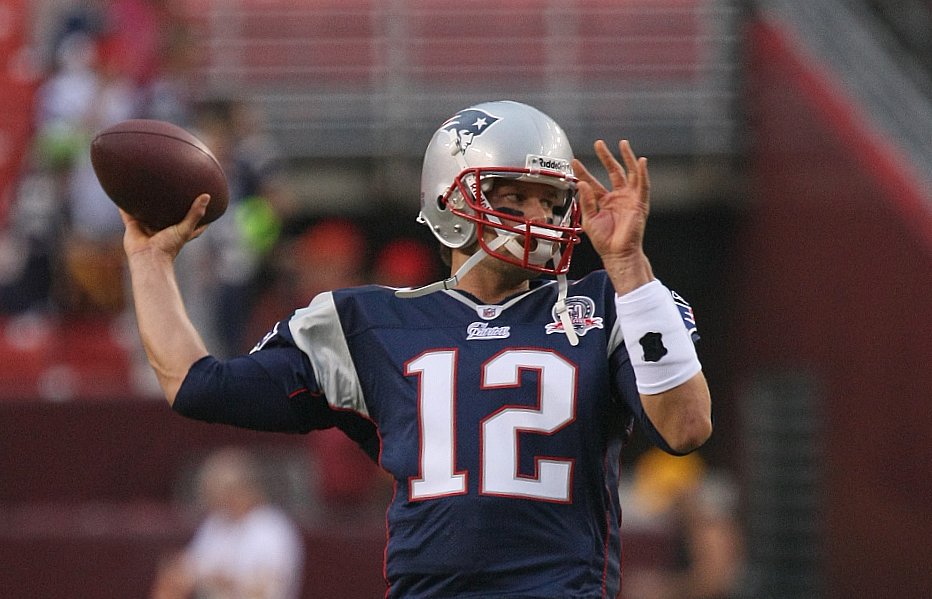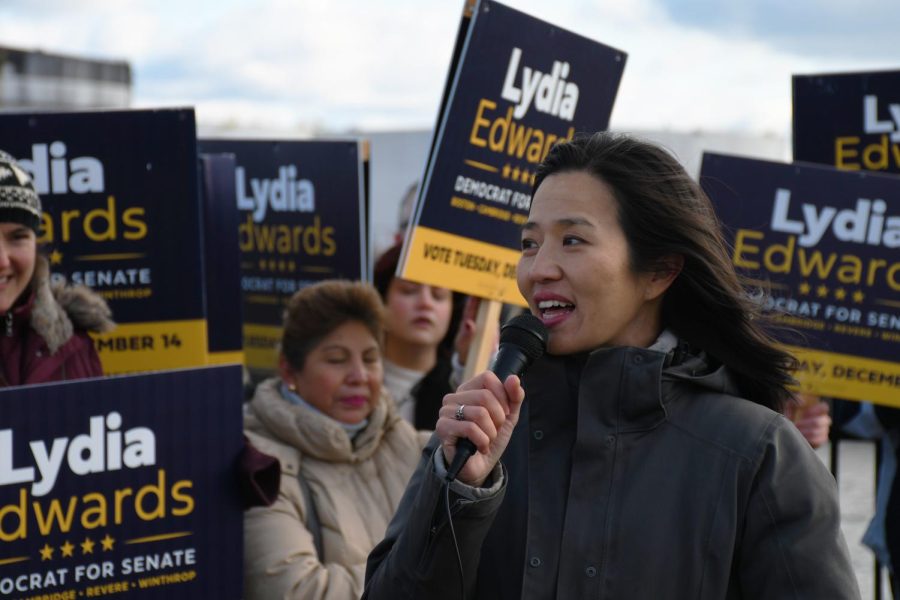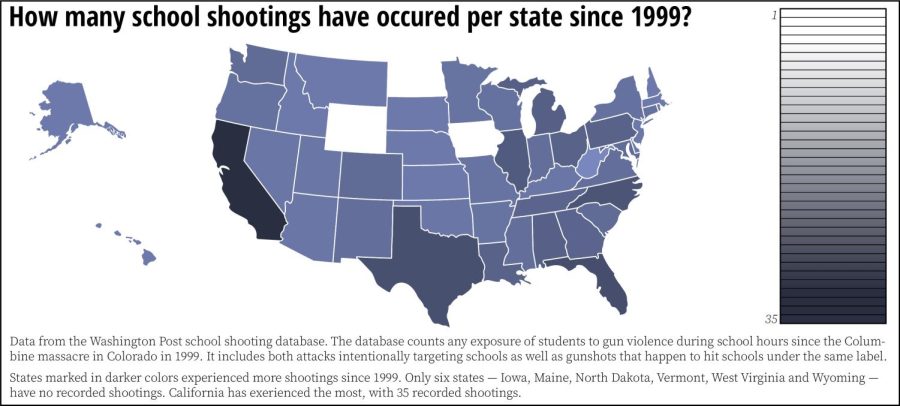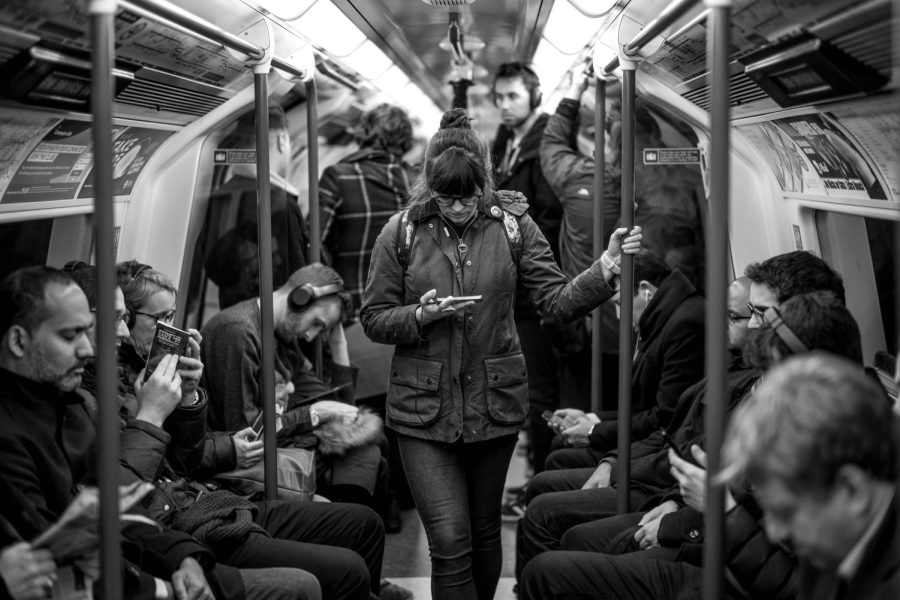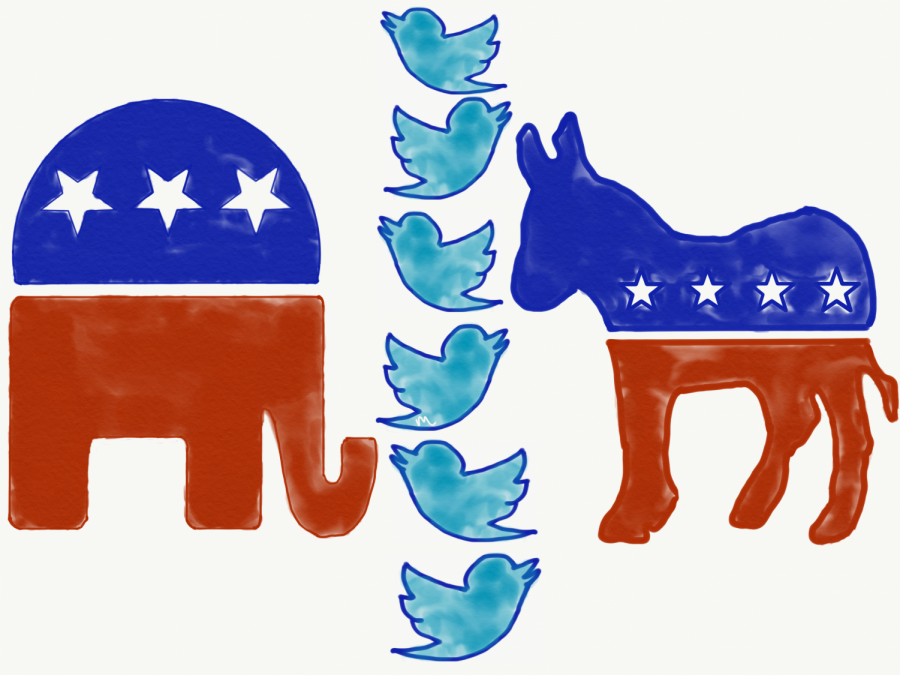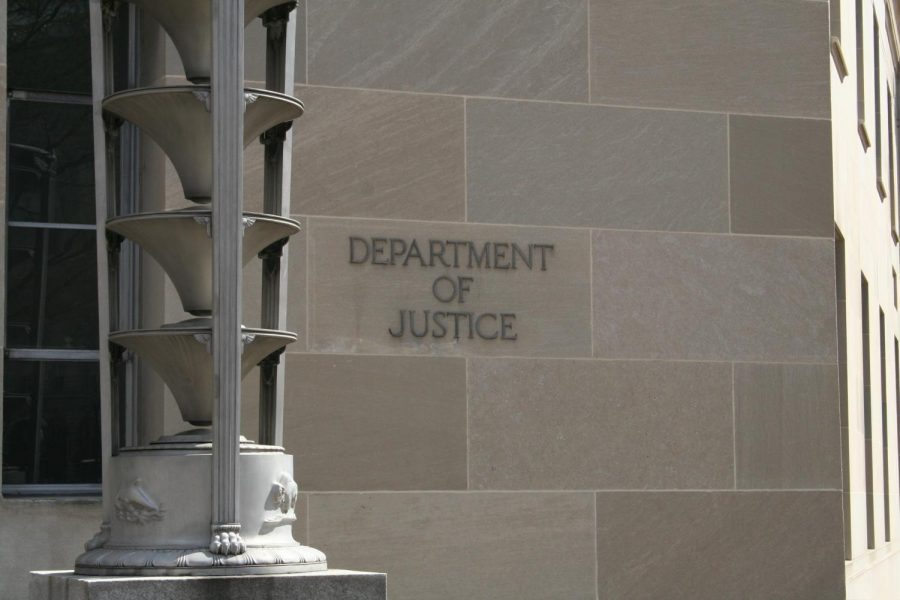It’s hard to say what Colin Kaepernick, former quarterback of the San Francisco 49ers, was thinking when he first dropped to one knee for the National Anthem. He knew why he was doing it, obviously—in his words, “I am not going to stand up to show pride in a flag for a country that oppresses black people and people of color.” But could he have possibly known of the saga that would unfold over the next year? Could he have known that his solitary action would lead to endless streams of think pieces and talking head arguments? Could he have known that when he bent his knee, it would become a flashpoint for racial tensions in America?

Unless his psychic abilities far surpass his football-throwing abilities, then the answer is no. But the fact remains that when Kaepernick made a stand by sitting down, he started a movement. Other players across the league followed his lead, slowly but surely, and the protests survived through the 2016 NFL season. And now, they’ve bled into this one as well. A group of Cleveland Browns players knelt in a tight circle prior to a preseason game, with several teammates putting their hands on the shoulders of protesting players in a show of a support. Kansas City cornerback Marcus Peters refused to stand for the National Anthem during the first game of the regular season, and Oakland running back Marshawn Lynch sat it out as well.
On the New England Patriots, though, there has been no one. It’s been business as usual for the Pats, aside from a couple players raising their fists last year.
That fact isn’t too surprising. Coach Bill Belichick is fairly well-known as someone who doesn’t screw around, and the culture he’s fostered in Foxborough is all about team uniformity. You do things the Patriot Way, or you’re gone.
But what if the Patriot Way meant using your status to stand up for those who can’t? What if it meant using your role as the center of the New England sports universe to advance the national dialogue around racial injustice?
It would be a break from the team’s reputation, for sure. Both Belichick and Tom Brady, the two clear leaders of the organization, have stayed away from any sort of controversial conversation, and when they have dipped their political toes into the water, they’ve fallen more onto the conservative side of the spectrum. Past precedent doesn’t have to dictate future actions, though. The Patriots are keenly positioned to be a voice in the movement, and they should seize that opportunity.
The NFL is roughly 70 percent black, meaning that every week, Belichick and Brady and Co. head onto the field with mostly men of color. They battle through long games and long practices next to black players and recover from injuries with black players. They lose heartbreakers with black players and win playoff games with black players. Simply put, there are no Lombardi trophies without black players.
If Brady and other fellow Pats were to kneel for the anthem (or at the very least organize some sort of action in solidarity) it would be one of the most important moments in sports history. Sure, it’s one thing if Kaepernick and some Browns players kneel. But having the most successful team in recent history join the cause would blow the lid off of the entire conversation. It would force the NFL and its fans to confront an undeniable wave of activism, and serve as the most symbolic act yet of white players and coaches standing with their black brothers.
Plus, given Boston’s complicated history with race in sports, it would allow the city to chip away at its bigoted past. Throughout the past century, Boston teams have been some of the most reluctant to move forward in measures of racial equality. Organizing and speaking out against racism by choosing to kneel is an opportunity to buck that trend.
Standing for the National Anthem isn’t inherently patriotic. Standing up for what’s right, though? That is what it means to truly be a Patriot.


